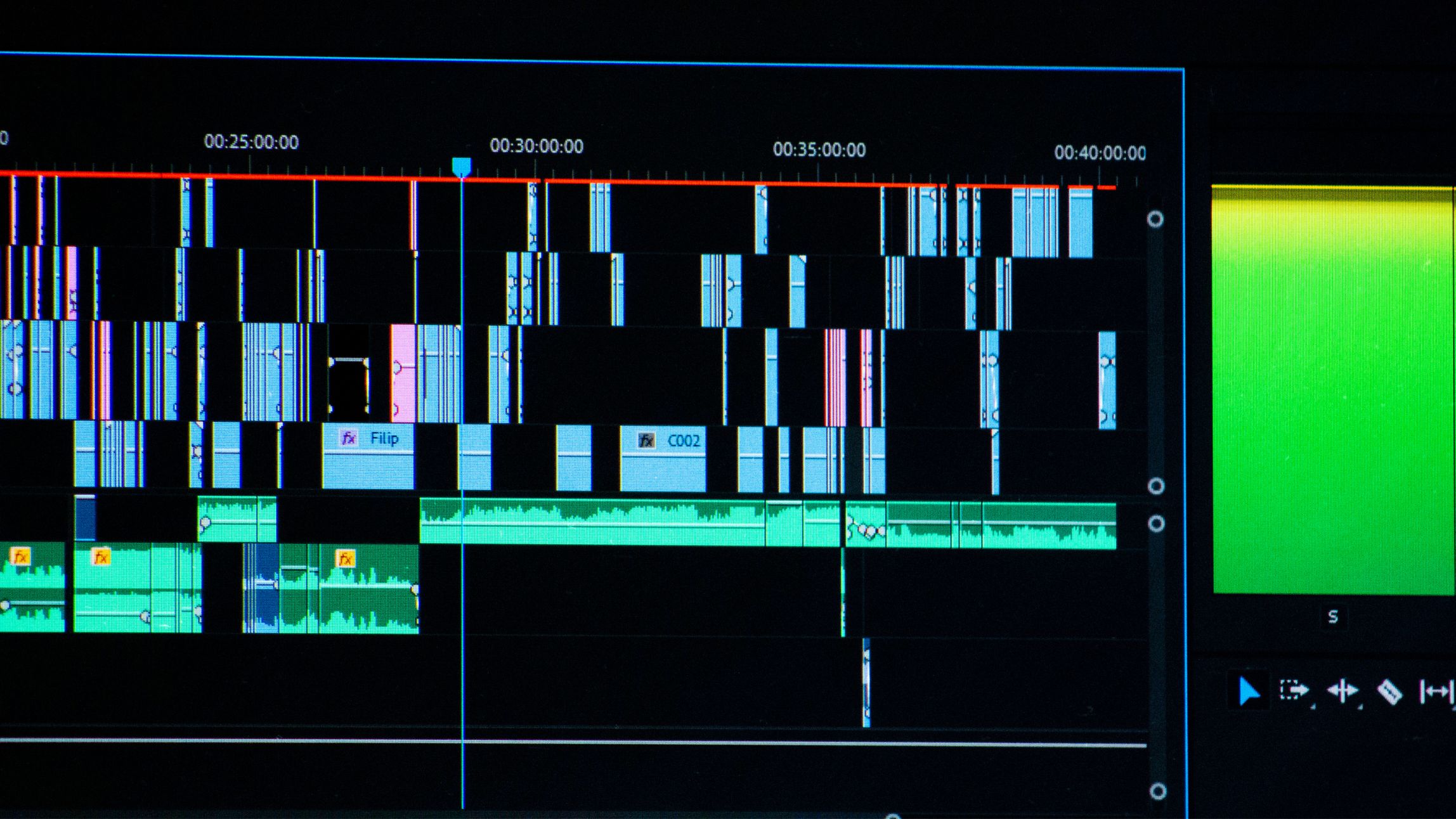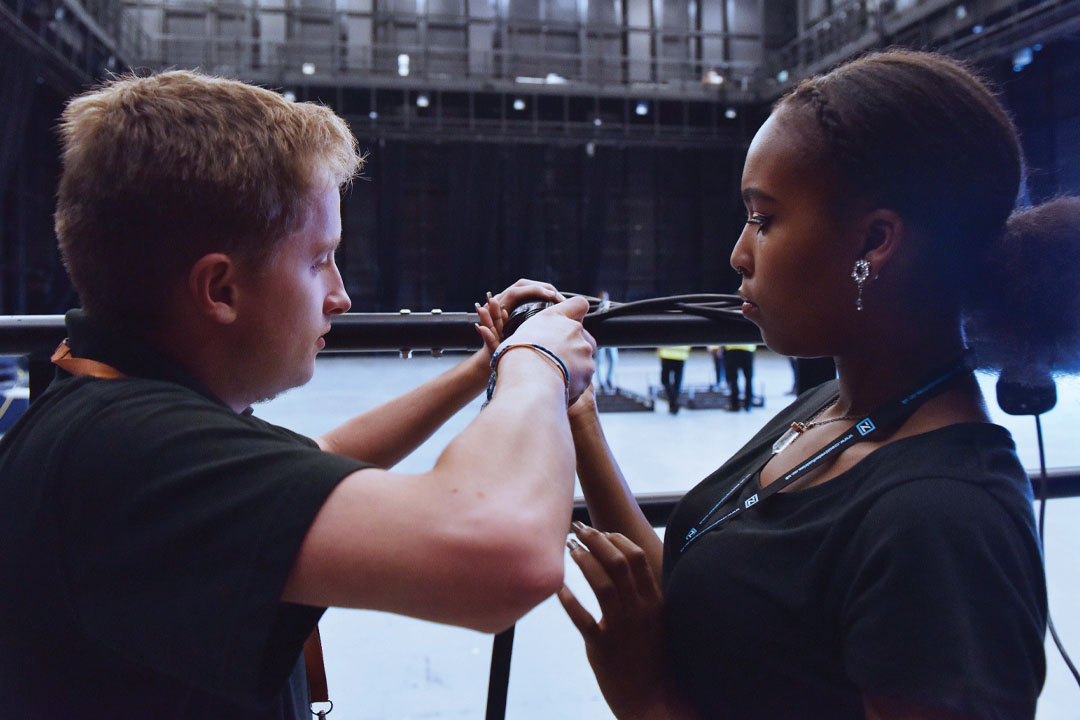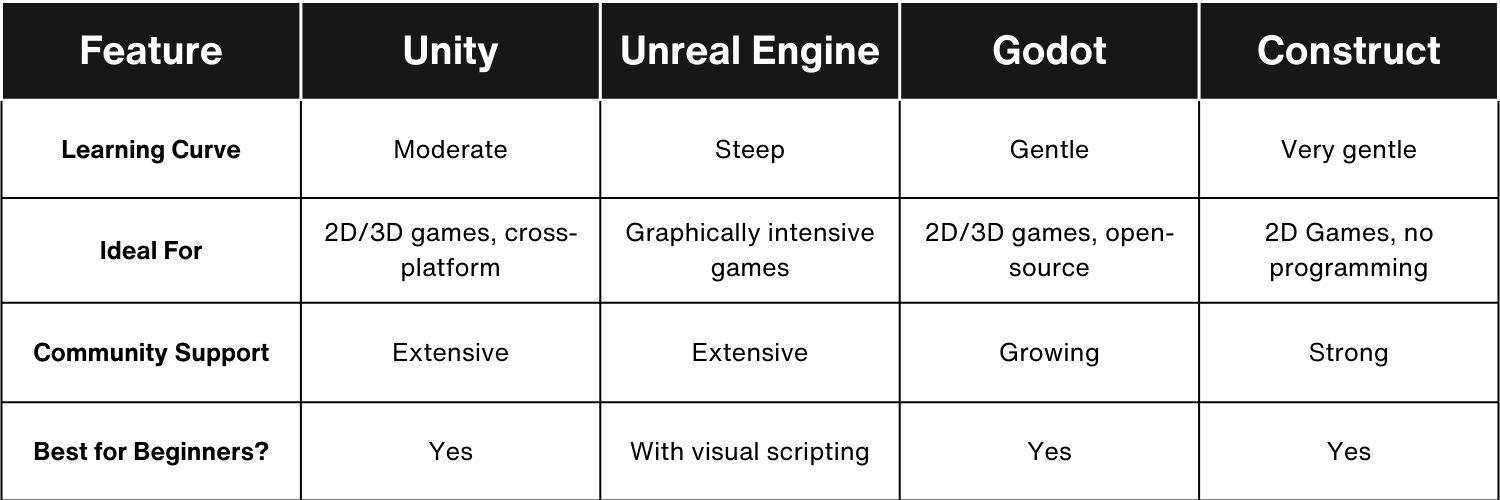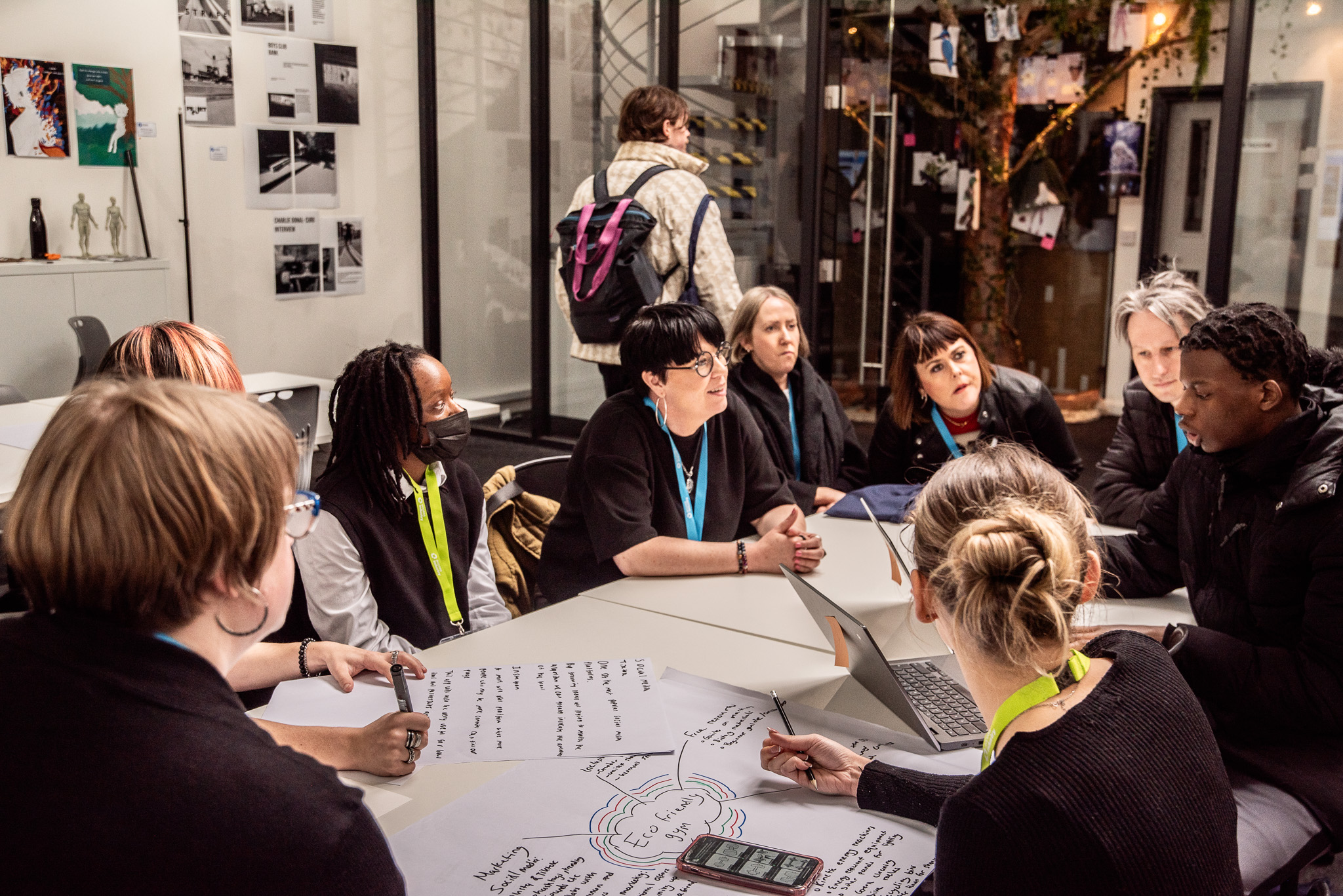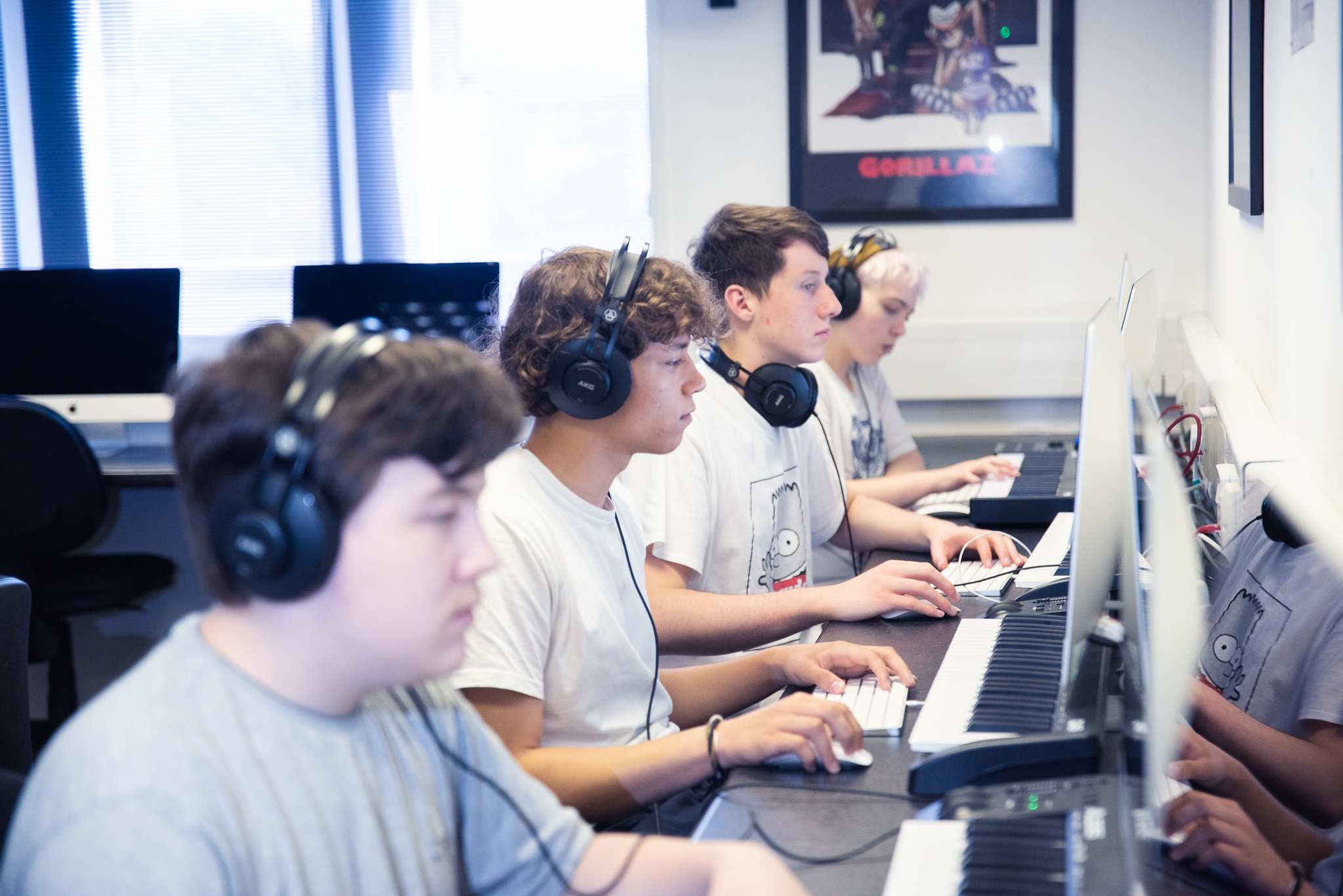This blog explores 10 of the biggest game development companies in London and their contributions to the gaming sector.
London has become a global hub for game development, housing some of the biggest names in the industry. These companies have not only redefined gaming for millions of players, but have also made significant contributions to the city’s economy.
Whether you are an aspiring game developer, a gaming enthusiast, or a student considering a career in game development, understanding London’s top game studios gives valuable insight into the industry.
10 of the biggest games development companies in London

1) Rocksteady Studios
Known for their critically acclaimed “Batman: Arkham” series, Rocksteady Studios is one of the shining stars of London’s game development scene. Founded in 2004, this studio stands out for its ability to blend immersive storytelling with state-of-the-art graphics. Their much-anticipated project, Suicide Squad: Kill the Justice League, further cemented their place as an industry leader in today’s gaming sector.
2) Take-Two Interactive
Take-Two Interactive (with an office in London) has achieved significant success through its acquisitions and the development of popular game franchises. One of their most notable successes is the “Grand Theft Auto” series, which became a major financial success and significantly influenced the gaming industry, particularly in open-world game design.
The company also releases annual editions of the popular “NBA 2K” series and has other major franchises like “Red Dead Redemption,” which have consistently performed well. Additionally, Take-Two’s acquisition of Zynga has bolstered its portfolio with successful mobile games like “Toon Blast” and “Match Factory”.
3) Splash Damage
Splash Damage has built its reputation for creating games with powerful multiplayer mechanics. Titles like Gears Tactics and their work on the Halo franchise have made them an iconic presence in the London gaming scene.
4) SEGA Europe
SEGA Europe, located in Brentford, is the European publishing subsidiary of the global SEGA Corporation. Overseeing franchises like Sonic the Hedgehog and Football Manager, SEGA has always been at the forefront of game innovation.
5) King
Famous for their wildly successful Candy Crush Saga, King is a big player in the lucrative world of mobile game development. Their London office brings cutting-edge design and monetisation strategies to life, solidifying their presence as one of the most significant studios in the city. Candy Crush has been a phenomenally profitable game for the company.
6) Mediatonic
Known for their breakout hit Fall Guys, Mediatonic has set new standards for large-scale multiplayer games with unique gameplay mechanics. Based in central London, their team thrives on quirky, creative ideas. In recent times they have collaborated with Microsoft to allow them to scale up their games.
7) Mind Candy
Mind Candy, a UK-based company, is best known for creating the popular online game “Moshi Monsters.” This virtual world allowed children to adopt and care for their pet monsters, engage in social activities, and play educational puzzles. “Moshi Monsters” was a significant success, generating millions of registered users at its peak. The game was highly popular among children and expanded into merchandise, books, and a movie.
In addition to “Moshi Monsters,” Mind Candy developed “World of Warriors,” a mobile game that aimed to capture a similar audience with its engaging gameplay and collectable characters
8) Sports Interactive
The team behind the beloved Football Manager series, Sports Interactive has been a linchpin of London’s gaming community for decades. They stand out for their data-driven approach to game design, which offers players an unprecedented level of realism.
In addition to “Football Manager,” Sports Interactive has developed other sports management simulations, such as the “NHL Eastside Hockey Manager,” further showcasing their expertise in the genre.
9) Bossa
Bossa Games, originally founded as Bossa Studios in 2010 in London, is a BAFTA-winning game developer and publisher known for its innovative and comedic approach to game design. The company has gained recognition for creating unique, physics-based games that often incorporate humour and unconventional gameplay mechanics.
Some of Bossa Games’ most successful titles include “Surgeon Simulator” and “I Am Bread.” “Surgeon Simulator” is particularly well-known for its intentionally difficult controls and humorous take on surgery, which has made it a popular choice among gamers and content creators
10) Sharkmob
Sharkmob is a full-fledged AAA game studio known for developing and publishing its games, with a strong focus on online multiplayer experiences powered by Unreal Engine 5. The company has a studio in London, which is dedicated to creating memorable multiplayer games that engage players and create community discussions.
It is known for developing “Vampire: The Masquerade – Bloodhunt,” which was released in 2022. This game is a battle royale set in the “Vampire: The Masquerade” universe.
The broader influence of London’s gaming giants

These companies are not just key players in the local market. Many London gaming companies have made large-scale contributions to the global gaming industry. King revolutionised mobile gaming with Candy Crush, while Rocksteady Studios set a benchmark for action-adventure games through its ground-breaking Batman series. These innovations have shaped gaming trends and raised the bar for quality and creativity.
From introducing ground-breaking gameplay mechanics to setting new standards for storytelling, London-led advancements in gaming are redefining the entertainment landscape worldwide.
Opportunities for game developers

For those looking to enter the game development field, London offers a wealth of opportunities. Each of the companies listed above has internship and job openings throughout the year, with positions spanning disciplines like programming, design, animation, and quality assurance.
If you’re a student or aspiring game developer, learning the ropes is essential. Enrolling on a relevant further education course can provide a significant edge. Access Creative College offers exceptional courses in games development right in the heart of London, equipping students with the skills needed to succeed in this exciting industry. The chance to study near some of the world’s most iconic studios is more than inspiring – it’s a true advantage.
Jump-Start Your Career in Games Development

For students and aspiring developers, breaking into this industry might seem daunting, but taking the first step is easier than you think. With the right training, guidance, and networks, you could see yourself working for one of these leading studios in the future.
Learn more about how Access Creative College can help you get involved in games development in London and take your first steps towards your dream career today. Apply online today!




































